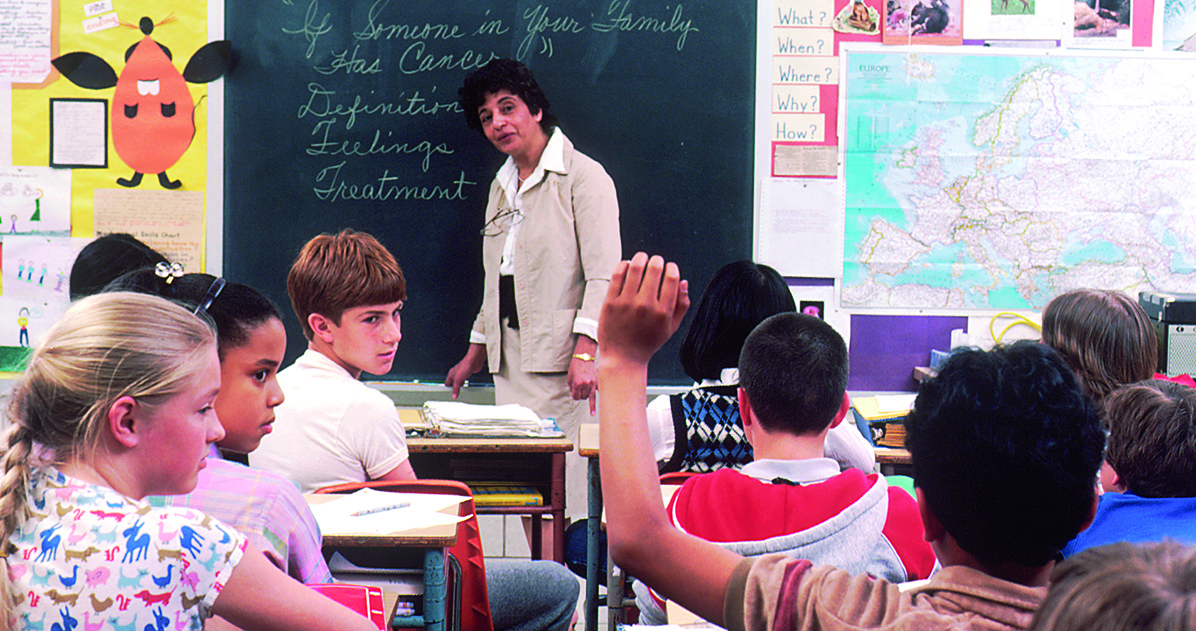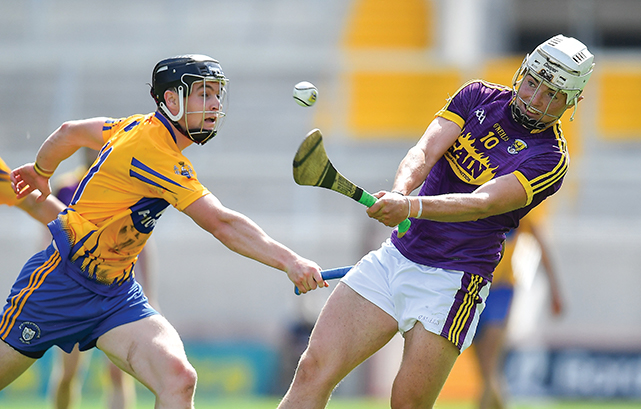
Over 1,000 teenage girls will be supported in progressing into STEM courses thanks to a Microsoft
Ireland and Maynooth University collaboration to address digital inequality in education.
The collaboration between Microsoft and Maynooth University is taking place in order to
increase the number of girls from disadvantaged backgrounds taking part in science,
technology, engineering and maths-related subjects.
It should also reinforce Ireland’s digital leadership, which is the strategic use of a company’s
digital assets to achieve its business goals.
Roughly 45 schools across the country will take part in a programme called ‘The Digital
Wealth Project’ that aims to address digital poverty and increase the digital capacity of
students with restricted access to technology over three years.
“Digital technology now plays a pivotal role in everyday teaching and learning, however,
many school communities continue to lack the skills, infrastructure, and support to realise
the benefits,” James O’Connor, Vice President of Microsoft International Operations said.
300 teachers will be trained with the skills required to introduce coding and computational
design into classrooms.
Teachers will also be given the opportunity to learn new strategies to teach students about
STEM and its accessibility.
Microsoft Dream Space provides “ immersive, research-based STEM experiences for
students, teachers and communities to enhance their STEM skills,” according to their
website.
The Dream Space team will be delivering sessions to the girls regarding Artificial
Intelligence, design thinking and computational thinking.
The team will be delivering a STEM-based module to a number of students within the School
of Education which will help them to deliver enhanced STEM lessons while on their work
placements in schools participating in the Digital Wealth programme.
“As well as ensuring that students have the skills to fill the digital roles of the future,
addressing the digital divide will also ensure that schools across Ireland have the flexibility
and agility they need to adapt to future periods of possible disruption,” Dr Kathriona
O’Sullivan, Department of Psychology at the Assisting Living and Learning Institute
Maynooth University said.
13 of the schools taking part will be designated under the Delivering Equality of
Opportunity in Schools (DEIS) initiative.
The World Economic Forum estimated that 90% of all jobs in 2030 will require digital skills,
therefore a needs analysis will take place in order to ensure that schools will receive any
resources that they require in order to support teachers and students to engage in a digital
world.
By Jayde Maher



